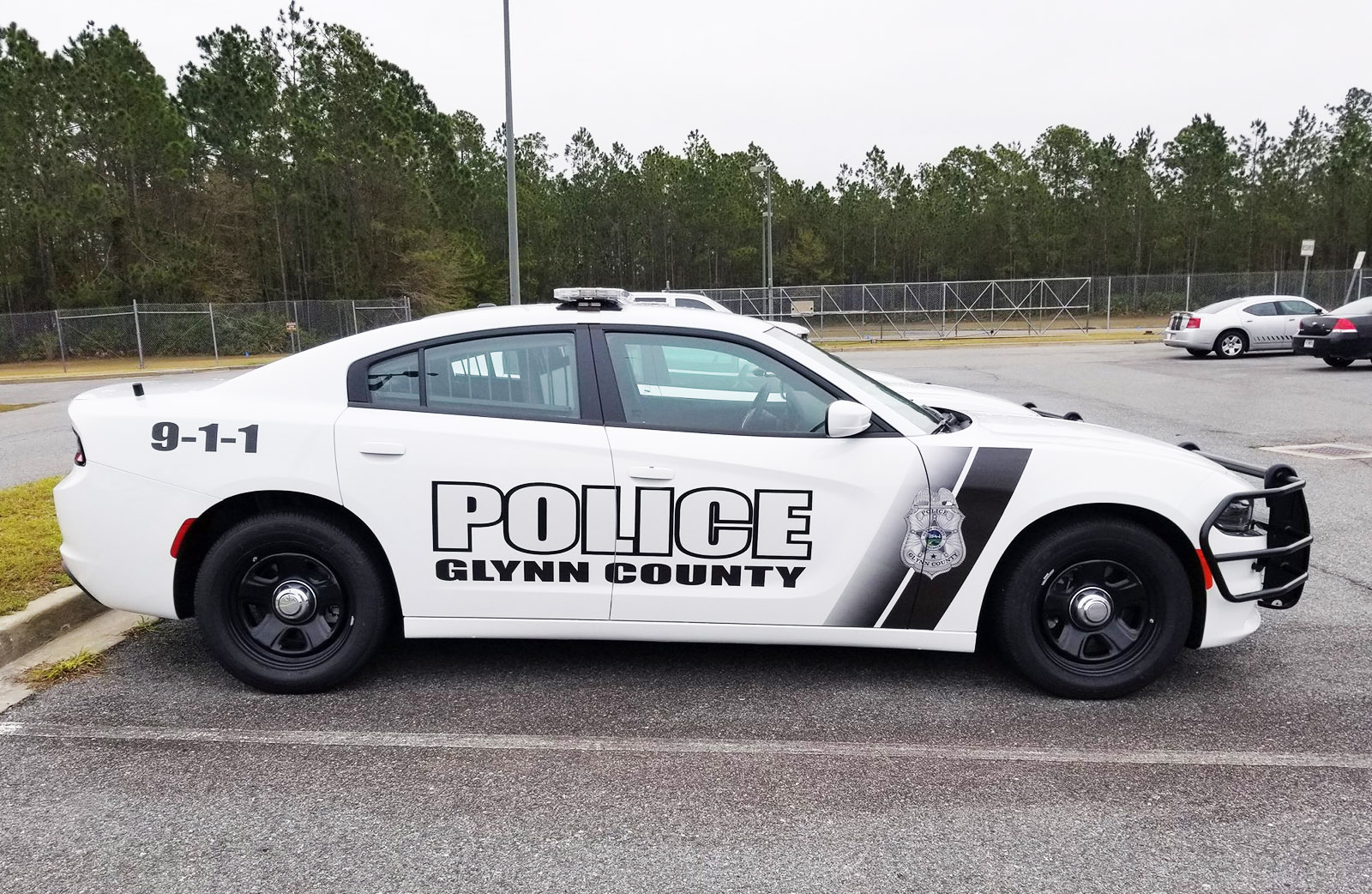How Can Counties In Georgia Use Home Rule?
A judge's ruling in favor of Glynn County, Ga. has shed light on Georgia's dwelling house rule authority and the ramble inherent powers of counties throughout the land.
Glynn County commissioners filed a lawsuit confronting the Georgia Secretary of State and members of the Glynn County Board of Elections at the terminate of August. The lawsuit challenged the constitutionality of two country Senate bills that would put the fate of the county police section in voters' hands.
The first bill allows constituents in the county to vote on a referendum to cull to abolish the canton police department and turn control over to the sheriff. The second bill called for the Glynn County ballot superintendent to conduct an election for voters to approve or pass up the abolishment referendum for the county police department.
Policing rights are an inherent power of Georgia counties per the country's constitution, said Debra Nesbit, acquaintance legislative manager at the Association of County Commissioners Georgia.
"We felt like what they were doing was going effectually the constitution in home rule to try to laissez passer a pecker to abolish the police department without the canton's approval," she said.
In domicile rule states such as Georgia, the land constitution grants counties the ability to pass laws to govern themselves. Georgia boards of commissioners can choose to fund both the sheriff and county police department to do policing in the community. In Glynn Canton, which has had a police section for more than 100 years, commissioners have always decided to fund a constabulary department.
While every county in Georgia is required to have an elected sheriff per the state constitution, sheriffs do not automatically receive policing powers, although it is more than common. Out of Georgia's 159 counties, Nesbit said simply 12 have canton constabulary departments and nigh are concentrated in metro areas.
The canton'southward lawsuit addressed two problems, co-ordinate to Glynn County Commissioner Michael Browning, who chairs the Board. The commencement is the constitutionality of the Senate bills themselves and the second is the legality of placing the questions on a general plebiscite ballot.
Election laws in Georgia country that a plebiscite has to be advertised 90 days prior to the election. Gov. Brian Kemp (R) signed the bills on the 90th twenty-four hours before the election.
"It was a week later before the local lath of elections fifty-fifty got it, and then legally they couldn't place it on the ballot," Browning said.
The board of elections had the selection to hold a special ballot, when it would not exist required to encounter the 90-24-hour interval public advertising law. However, the board of elections faced many logistical challenges to run a special ballot and lacked resources including voting machines and poll workers to hold a special ballot during the presidential election yr, Browning said.
"The judge only ruled on the constitutionality of the bills," Browning said. "When he ruled that they're unconstitutional, that meant that they couldn't go on the ballot so he didn't have to rule on whether they should or shouldn't exist on the ballot."
Nesbit said she does not think state legislators intended to take away county powers statewide, just local legislators may accept thought they needed to act later on some incidents happened in the county, including the shooting of Ahmaud Arbery.
"I think this was those local legislators trying to figure out a mode to deal with the problems in their habitation police force section without giving any consideration to what kind of precedent information technology might prepare," she said.
Nesbit said if the gauge ruled the referendum was constitutional, at that place would be concerns over what other home rule provisions may be circumvented.
"By doing that statewide bill, you opened up an avenue for legislators in other areas of the state to go in and become local legislation to take a plebiscite to abolish additional county constabulary departments," she said. "Or what's next? It could be any number of things that they would be able to do so y'all would exist able to do local legislation to overrule counties and their operation from their inherent powers."
Specifically in Glynn County, Browning said the abolishment of the county law department would pb to no "official oversight of policing in this community."
"There would exist nobody to accost whatever issues in their local constabulary department and so that's why we were so adamant and determined to protect the right given in the Constitution to the lath of commissioners to decide who's going to police their community," he said. "This was nigh taking the power abroad from the board of commissioners who were duly elected by the individuals in this county to govern."
"We really did try to but stay focused on the constitutional inherent powers of the counties and that this was but an artery to set a precedent for the legislature to go around that," Nesbit added.

Hero 1
How Can Counties In Georgia Use Home Rule?,
Source: https://www.naco.org/articles/ruling-georgia-sheds-light-home-rule-authority
Posted by: gallardothercits.blogspot.com


0 Response to "How Can Counties In Georgia Use Home Rule?"
Post a Comment